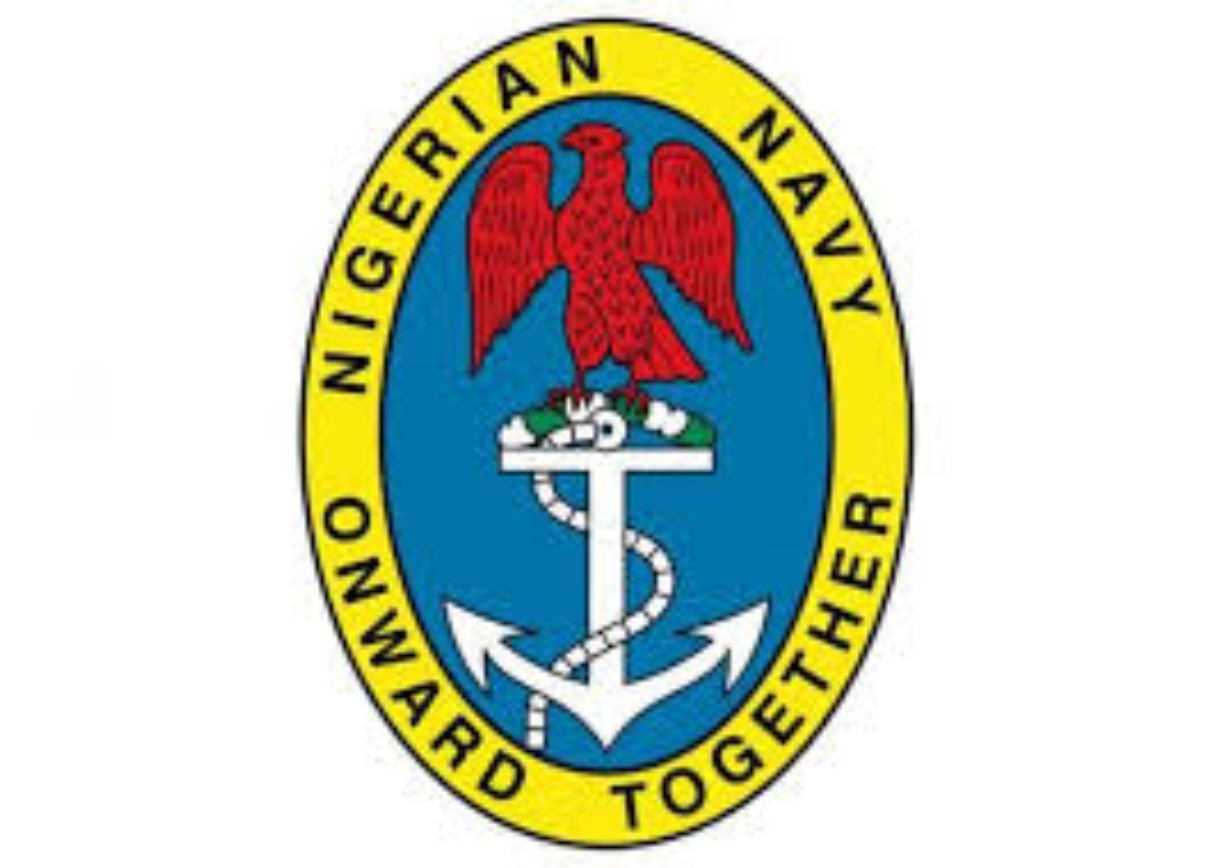Maritime
Navy Arrests Ships, 80 Boats, Destroys 50 Illegal Refineries

The Nigerian Navy said it operatives have impounded six ships and 80 wooden boats used by criminal elements for alleged illegal oil bunkering, used in siphoning of product from the Nigerian National Petroleum Corporation (NNPC) pipelines and crude oil well heads in six months.
The Command also said it has destroyed over 50 illegal refineries at Yeye, Burutu and Ibafa creeks in Delta State.
The operatives of the Nigerian Navy Ship NNS, Delta gave the names of the six arrested ships as MT Aysu, MT Interim, MV Mama Elizabeth, MT Miracle, MV Nipal and SD Waterman and 80 wooden boats used by criminals for alleged illegal bunkering of petroleum products from NNPC.
Commander of Nigerian Navy Ship, NNS, Delta, Commodore Ibrahim Dewu, stated this in a statement made available to The Tide yesterday shortly after an educational tour by journalists to some NN operational bases in the Niger Delta.
He said the destruction of the illegal refineries were being done with the use of swam buggies, an excavator used in swampy areas to crush metallic substances and render them unusable, thereby avoiding further pollution of the land and surrounding water.
The Navy said it identified over 900 illegal refinery camps within NNS Delta’s area of operation with the bulk of it located around Ughelli and Warri South.
Dewu said several persons have been arrested for various maritime offences and handed over for prosecution.
On delays by NN in prosecuting the cases, Dewu said it was costing the NN so much money to maintain the vessels to avoid their going aground.
The Commodore said some of the vessels have been in the jetty for up to seven years, while 185 outboard engines, hoses and other equipment recovered from suspects were littering the base.
Maritime
CUSTOMS BEGINS IMPLEMENTATION OF SAFE PASSAGE FOR PERSONAL VEHICLES UNDER TEMPORARY ADMISSION

Maritime
APAPA CUSTOMS RECORDS N2.9TR REVENUE IN 2025

Maritime
MARITIME JOURNALISTS TO HONOUR EX-NIWA MD,OYEBAMIJI OVER MEDIA SUPPORT


